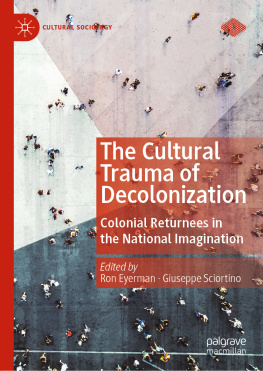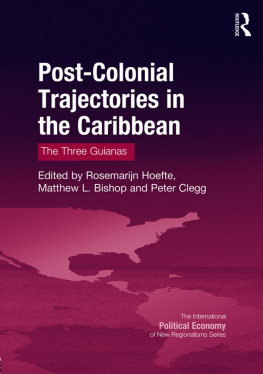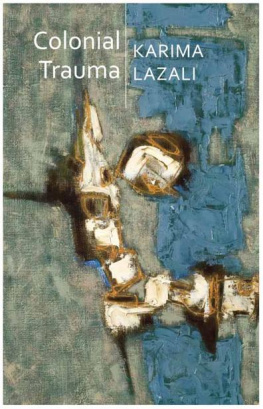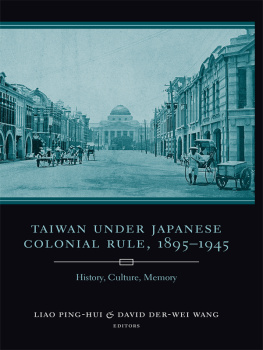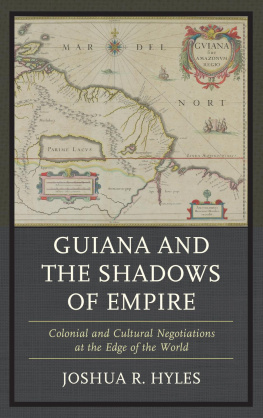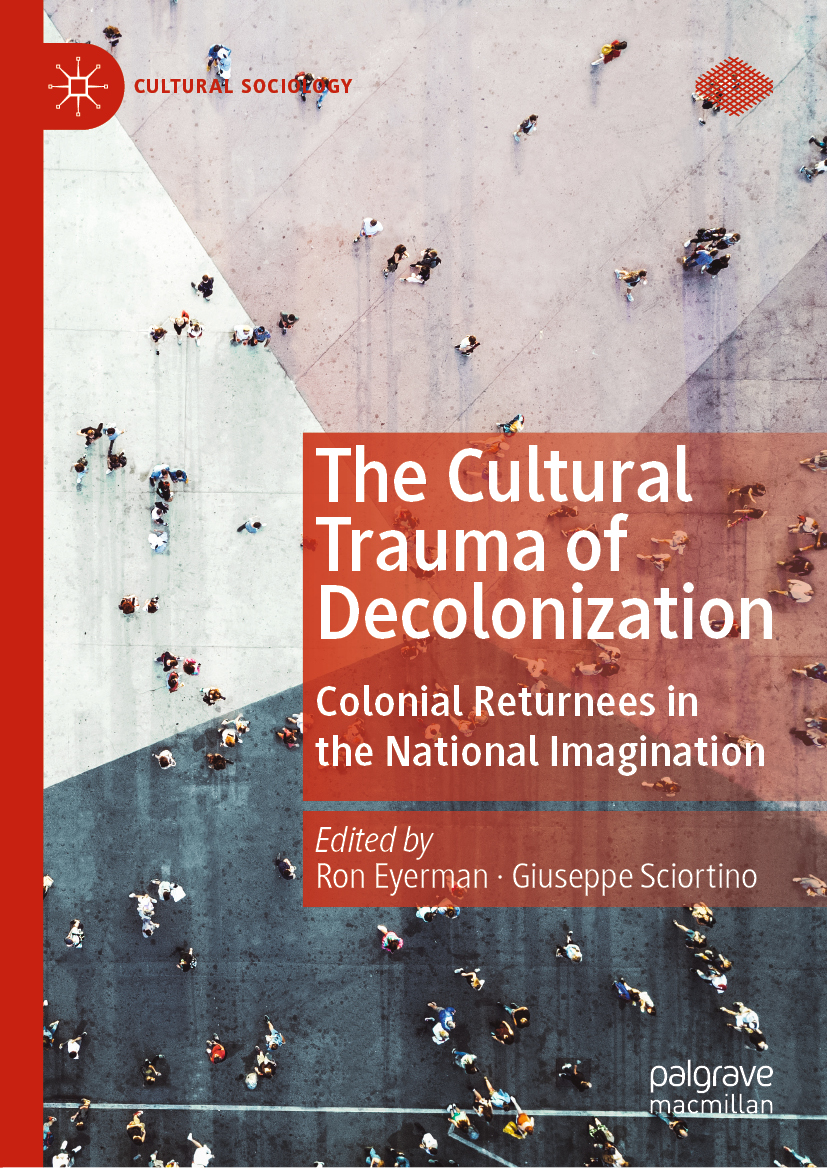I hold it true, whateer befall;
I feel it when I sorrow most;
Tis better to have loved and lost
Than never to have loved at all.
Why are these words from Tennyson so often quoted? Written for his requiem elegy for Arthur Henry Hallam, like all great poetry they speak to more than just the particulars of one case. They invoke experiences and choices both universal and common: The reckoning of past with present, and joy with sorrow, and the risks of affective engagement to people, places, things, even life. And so they come to mind, often.
Tennysons poem speaks with peculiar force to the interrogative thrust of this volume: How was that which was lost experienced? What evaluations, memories and considerations were conjured in thinking things through? Of course decolonization was a triumph for those fighting oppression, seeking autonomy and hungry for the freedoms that only self-determination could bring. Yet for the former rulers at home and in the colonies it was a collective loss of something valuable that could only be deeply reflected upon. Contra what most social theory might predict these subsequent regrets and meditations were not particularly themed on the economic flows of raw materials or the logics of geo-power. Indeed as the editors point out the major powers got over these issues surprisingly quickly. Life went on as usual with the same economies and political operators controlling the world in more or less the same pecking order. There was even a plus side. Gone were the hassle, stress, embarrassment and expense of holding down a discontented empire.
The loss experience was all about meanings and identities. Most obviously the decline of empire during the twentieth Century challenged entrenched visions of national destiny and superiority back in the metropole. Much has been written on this theme over the years. It remains a standard talking point for both second-rate and high-quality commentators, historians and political scientists as they seek to explain somewhat puzzling moments of present-day gunboat diplomacy, or the rise of the far right and hostility to immigration. Images are sometimes invoked of the nation lashing out, attempting to conjure ghosts, pulling up the drawbridge, or living in denial. These generally appear when the expert does not approve of the thing they are explaining. The colonial stain is polluting. It discredits and leads inexorably to the denunciation of what are cast as irrational thoughts, deeds and policies.
By drawing upon cultural trauma theory this book helpfully moves beyond such a speculative, moralistic or tendentious substitute for rigorous intellectual inquiry. It engages in a systematic comparative and historical cultural sociology of the ways that colonial decline was understood. The case studies indicate the surprising variety of pathways and multiple structuring contingencies that shaped just how decolonization was managed practically and understood imaginatively in various imperial centers. The postcolonial meanings uncovered in this text are visible and discursive; the sound bites few and far between. The sign on the door might say: No psychobabble required.
With nearly all attention going to the colonial center and its accommodations to a new world order, too often forgotten in scholarship are the villains of the piece. Colonial settlers tend to be seen today, especially in movies and on radicalized campuses, as exploitative elites living off the fat of the land and the sweat of the colonized body. We can effortlessly conjure images of privileged country club memberships, boorish landowners, and patronizing, benevolent but still racist administrators. It seems hard to really care for this cast of characters or believe they could undergo a real cultural trauma. Their discontents might be dismissed as self-indulgent suffering or as a problem of the privileged. But this volume shows the demographic and social composition of the colonists was far more diverse than we might commonly imagine. They did not all live on Easy Street. And perhaps no one else experienced the loss of empire more palpably. The studies presented here display them feeling betrayed and abandoned. Some fled in terror of lawlessness and reprisals. Others might be bankrupted, their property unsalable. Back in the motherland these people who only half-belonged could easily become stigmatized or a national embarrassment. Often deeply attached to their colonial territories, to farms, businesses and institutions built up over the generations, many had truly loved and lost. Whether we like it or not theirs was a cultural trauma too. Indeed, it is an important one for cultural trauma theory to consider at this particular moment in its own evolution.

